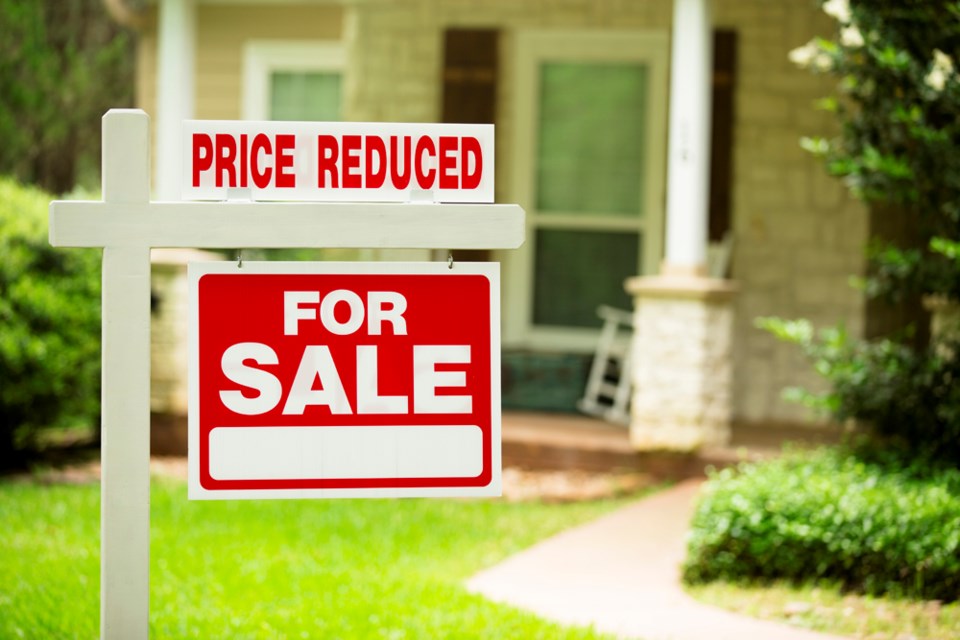Canada’s trade woes and federal election are weighing on Vancouver’s spring housing market, according to brokerage Royal LePage.
“We were expecting a pretty robust spring market for 2025 and it’s been just lukewarm up to now,” said Randy Ryalls, managing broker of Port Moody-based Royal LePage Sterling Realty.
“There seems to be a lot of buyers just sitting on the fence waiting to see what’s going on. If you add the Canadian federal election on top of [the geopolitical situation], that’s probably enough in the minds of most Canadians to sort of go, ‘OK, well maybe I’ll just kind of sit, and wait and see what happens here.’”
Ryalls said the fundamentals exist for a buoyant spring market, with lower lending rates, greater household savings, flat prices and higher inventory. However, given tariffs and the election, transactional volume is trending significantly below the 10-year average for this time of year, he said.
“Usually, the spring is the busiest part of the year,” he said. “And that’s not quite happening yet, so if we get this federal election past us and maybe a little bit more certainty with respect to our relationship with the United States, that might allay some fears for people.”
To gauge consumer sentiment, Royal LePage commissioned a national survey of 2,417 Canadians aged 18 and older between April 2 and April 9, weighted for age and gender using 2021 census data.
The survey found that 50 per cent of Vancouver residents are "not confident in the Canadian economy" compared with 43 per cent nationally. On the other hand, 41 per cent of locals were “somewhat” or “very” confident in the Canadian economy.
“It’s almost split down the middle,” Ryalls said.
While 17 per cent of Vancouverites were thinking about buying a home this year, nine per cent said they have now postponed their plans compared with eight per cent nationally.
Countrywide, the main consumer concerns were the rising cost of living (37 per cent), the timing of such a big purchase amid political and economic uncertainty (30 per cent), and expectations that home prices will decline because of the trade dispute (14 per cent).
Ultimately, the spring market’s main obstacle could be psychological, Ryalls said.
“We’ve been getting used to having a chronic undersupply of inventory for buyers, and this year we finally have what would normally be considered a fairly balanced market in terms of the amount of properties for sale to choose from,” he said.
“So fundamentally it’s there, but I think social psychology being what it is, it is definitely having an effect on buyer opinion.”



